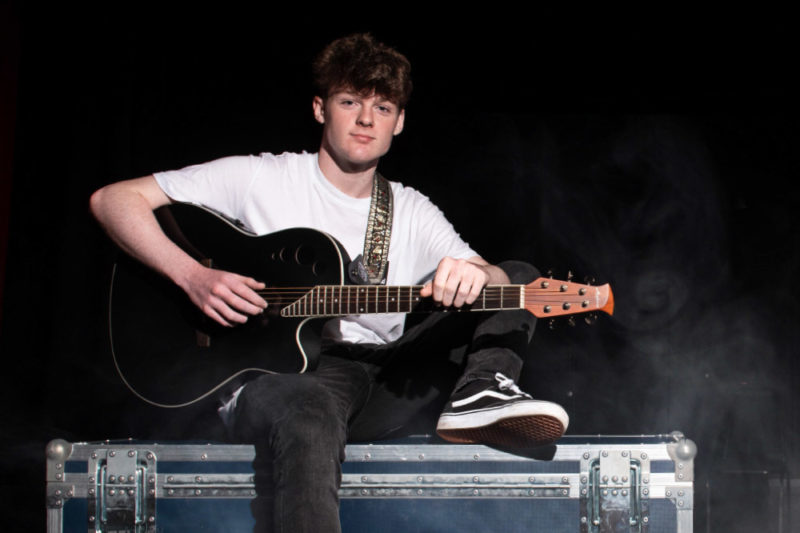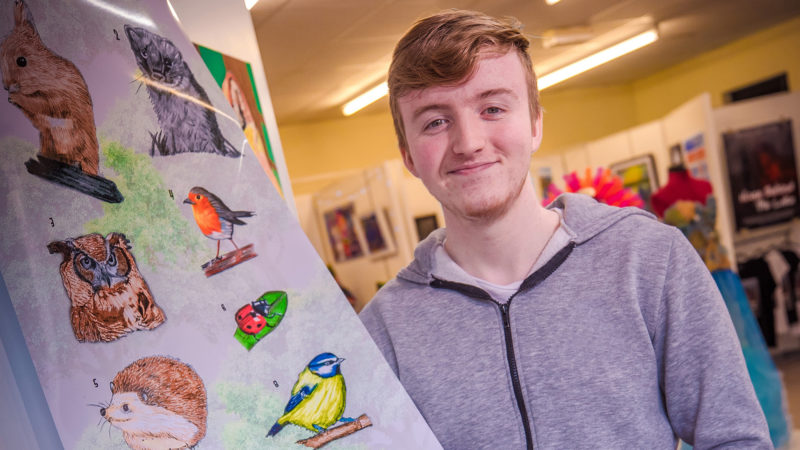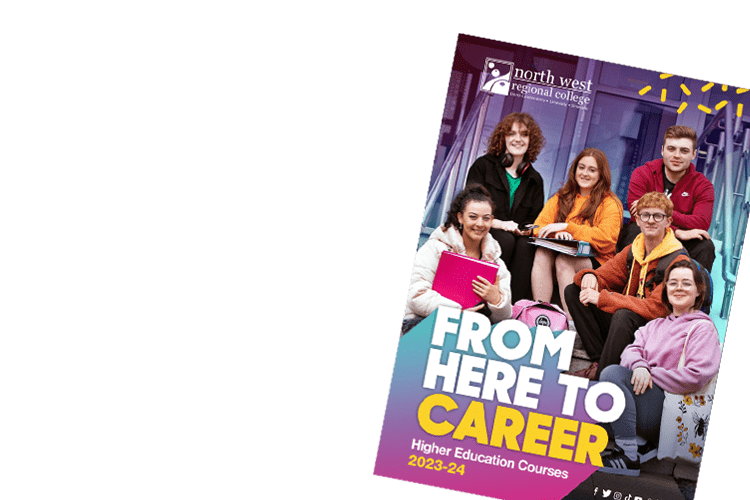Download a Course Guide
Marine Radio Short Range Certificate (SRC) (Level 1)
RYA
Sport
-
Study ModePart-Time
-
Duration4 Weeks
-
CampusLimavady
Available Sessions
Course Offering
- Site location Limavady Main St

Entry Requirements
UK Requirements
Candidates must be 16 years old by 1st July on year of entry.Additional Information
Course subjects include:
- Routine operation of marine VHF radio including Digital Selective Calling
-The correct VHF channels (frequencies) to be used for each type of communication
-Distress, emergency and medical assistance procedures
-Ship to shore communication
-Practical use of Marine VHF DSC radios
-Global Maritime Distress and Safety System (GMDSS)
-Emergency Position Indicating Radio Beacons (EPIRB)
-Search and Rescue Transponders (SART)
Enquiry
Your browser is out-of-date!
Update your browser to view this website correctly. Update my browser now





